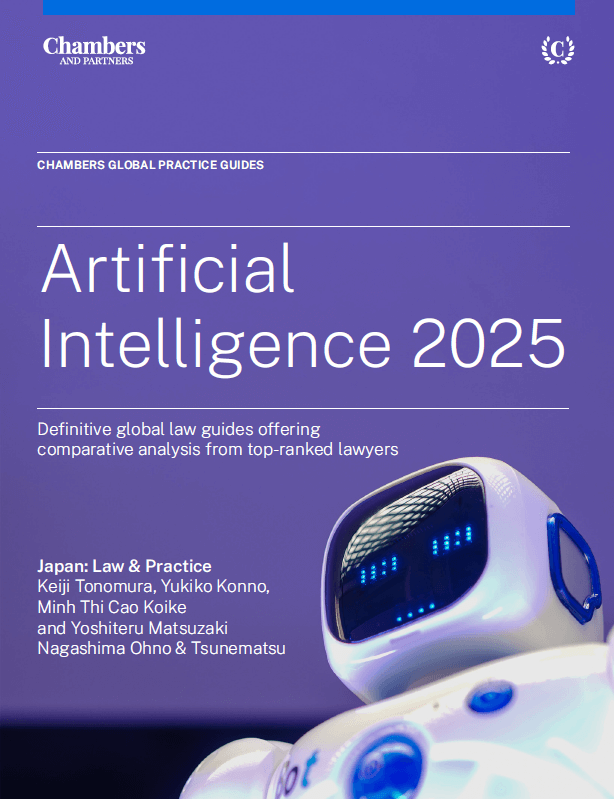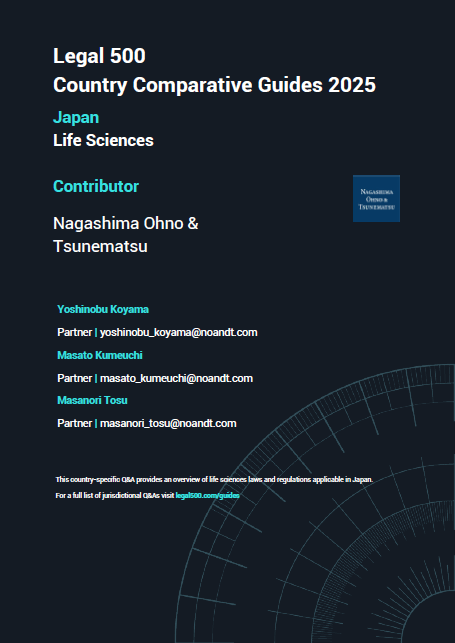
NO&T Thailand Legal Update
On 8 January 2025, with respect to the Personal Data Protection Act of 2019 (“PDPA”), the Personal Data Protection Committee (the “PDPC”) announced regulations concerning a record of personal data and processing activities (“RoPA”). New regulations stipulate the exemption of RoPA for certain types of data controllers and data processors. We will provide key summary of such new regulations in this article.
Before going into detail, let us introduce the background of these regulations.
One of the key duties of data controllers and data processors under the PDPA, as we summarized in our past article which can be accessed through following link (NO&T Asia Legal Review (June, 2022) “Checklist of Requirements for Data Controller under the Personal Data Protection Law (Thailand)”), is to prepare RoPA containing the particulars as prescribed under the PDPA etc.※1
In this regard, certain data controllers and data processors which are small enterprises as prescribed by the PDPC (the “Small Enterprises etc.”) will be exempted from the duty to prepare the RoPA.※2※3
As for the subordinate regulation, in 2022, the regulation regarding the exemption for data controllers from preparing the RoPA was announced (“Sub-Regulation for Data Controller”).
On 8 January 2025, the PDPC announced further subordinate regulations in the Royal Gazette the following:
The Amended Sub-Regulation for Data Controller will come into effect on 8 April 2025, while the Sub-Regulation for Data Processor has been in effect since 9 January 2025.
The criteria and details regarding the exemption under each of the Amended Sub-Regulation for Data Controller and the Sub-Regulation or Data Processor are almost the same and can be summarized as follows:
Although data controllers and data processors are small enterprises and have the characteristics as specified in item 3.1, the exemption under the Sub-Regulations on Exemption from RoPA shall not apply in cases where the collection, use, or disclosure of personal data has one of the following characteristics:
The Sub-Regulation for Data Controller was repealed by the Amended Sub-Regulation for Data Controller. The significant changes can be summarized in the comparison table below.
| No. | Key matters of amendment | Sub-Regulation for Data Controller | Amended Sub-Regulation for Data Controller |
|---|---|---|---|
| 1. | Type of data controllers exempted from RoPA |
|
|
| 2. | Eligibility of service providers required to retain computer traffic data for the exemption from RoPA | Data controller being a small enterprise which is exempted under paragraph one shall not be a service provider who is required to store computer traffic information under the law on offences related to computer, unless it is a service provider category internet cafe service provider. In such case, such data controller shall be exempted under paragraph one.※6 |
-Condition removed- Hence, a service provider who (a) is required to store computer traffic information under the law on offences related to computer and (b) falls under the Small Enterprises etc., can also be eligible for the exemption from RoPA. |
A business operator which is in the position of a data controller and/or a data processor should be mindful of the criteria for the exemption under the Sub-Regulations on Exemption from RoPA. As a result of the Sub-Regulations on Exemption from RoPA, certain data controllers and data processors which are Small Enterprises etc. are released from their obligation to prepare RoPA.
Notably, such exemption from RoPA is practically reasonable and favorable for data controllers and data processors considering various factors, for example, the size of data controllers and data processors which are the Small Enterprises etc., the degree of involvement with the personal data by the Small Enterprises etc. comparing to the larger enterprises, and the obligation to prepare RoPA which can be burdensome comparing to the size of their businesses.
*1
Section 39, paragraph 1 and Section 40(3) of the PDPA.
Notification of the Personal Data Protection Committee re: Criteria and Methods for Preparing and Maintaining the Record of Processing Activities of Data Processor of 2022 dated 10 June 2022.
*2
Section 39, paragraph 3 and Section 40, paragraph 4 of the PDPA.
*3
Please note that, although data controllers falling under the Small Enterprises etc. is exempted from most of items, such date controllers are still required to record the rejection of request or objection to the exercise of rights by the data subjects (under Section 30, paragraph 3, Section 31, paragraph 3, Section 32, paragraph 3, and Section 36, paragraph 1), according to Section 39, paragraph 3 and Section 39, paragraph 1 (7) of the PDPA.
*4
According to Section 4 of the Small and Medium Enterprises Promotion Act of 2000 and the Ministerial Regulation Prescribing the Characteristics of Small and Medium Enterprises of 2019, small and medium enterprises shall have the following characteristics:
| Type of businesses | Characteristics of Small and Medium Enterprises | |
|---|---|---|
| Small Enterprise | Medium Enterprise | |
| Manufacturing |
|
|
| Service |
|
|
| Wholesale | ||
| Retail | ||
| Type of businesses | Characteristics of Small and Medium Enterprises | |
|---|---|---|
| Small Enterprise | Medium Enterprise | |
| Manufacturing |
|
|
| Service |
|
|
| Wholesale | ||
| Retail | ||
*5
Section 41 of the PDPA.
*6
Clause 3, paragraph 2 of the Sub-Regulation for Data Controller.
This newsletter is given as general information for reference purposes only and therefore does not constitute our firm’s legal advice. Any opinion stated in this newsletter is a personal view of the author(s) and not our firm’s official view. For any specific matter or legal issue, please do not rely on this newsletter but make sure to consult a legal adviser. We would be delighted to answer your questions, if any.


(June 2025)
Keiji Tonomura, Yukiko Konno, Minh Thi Cao Koike, Yoshiteru Matsuzaki (Co-author), Masahiro Kondo (Contributor)


Yuan Yao Lee


(March 2025)
Yoshinobu Koyama, Masato Kumeuchi, Masanori Tosu (Co-author)


Patricia O. Ko


Patricia O. Ko


Ngoc Hoang


Yuan Yao Lee


Chattong Sunthorn-opas, Thunsinee Sungmongkol (Co-author)


Patricia O. Ko


Ngoc Hoang


Yuan Yao Lee


Chattong Sunthorn-opas, Thunsinee Sungmongkol (Co-author)


Chattong Sunthorn-opas, Thunsinee Sungmongkol (Co-author)


Yothin Intaraprasong, Yosuke Konno, Naruenad Charoenpakdee (Co-author)


Poonyisa Sornchangwat, Kwanchanok Jantakram (Co-author)


Yothin Intaraprasong, Chattong Sunthorn-opas, Thunsinee Sungmongkol (Co-author)